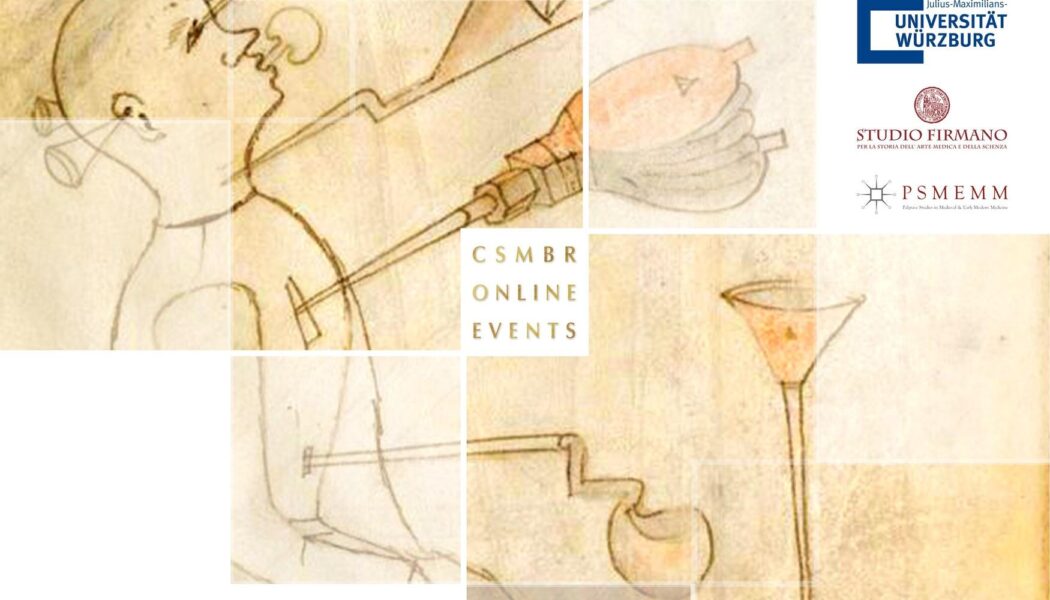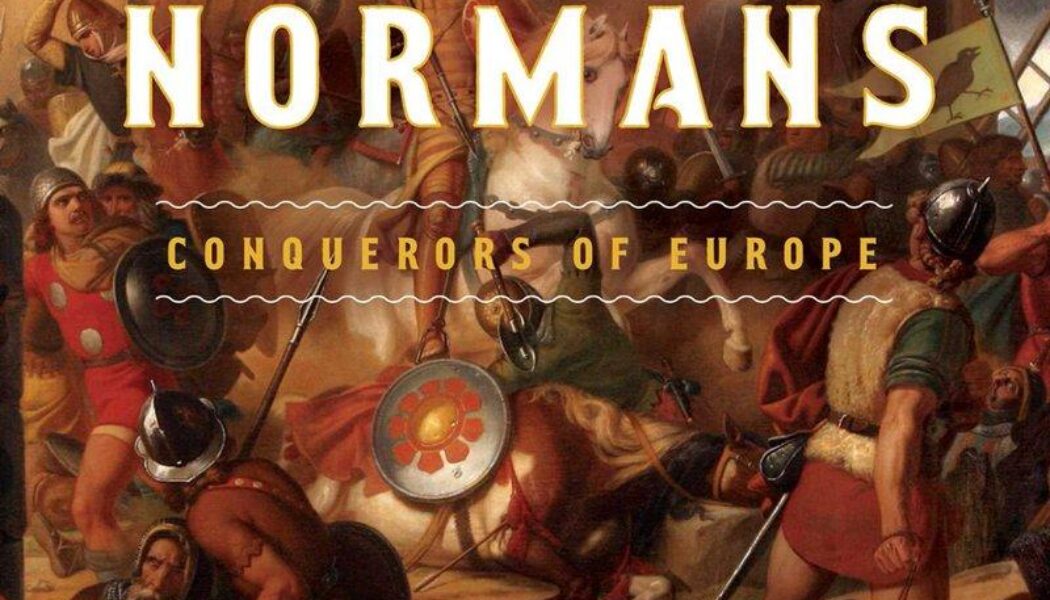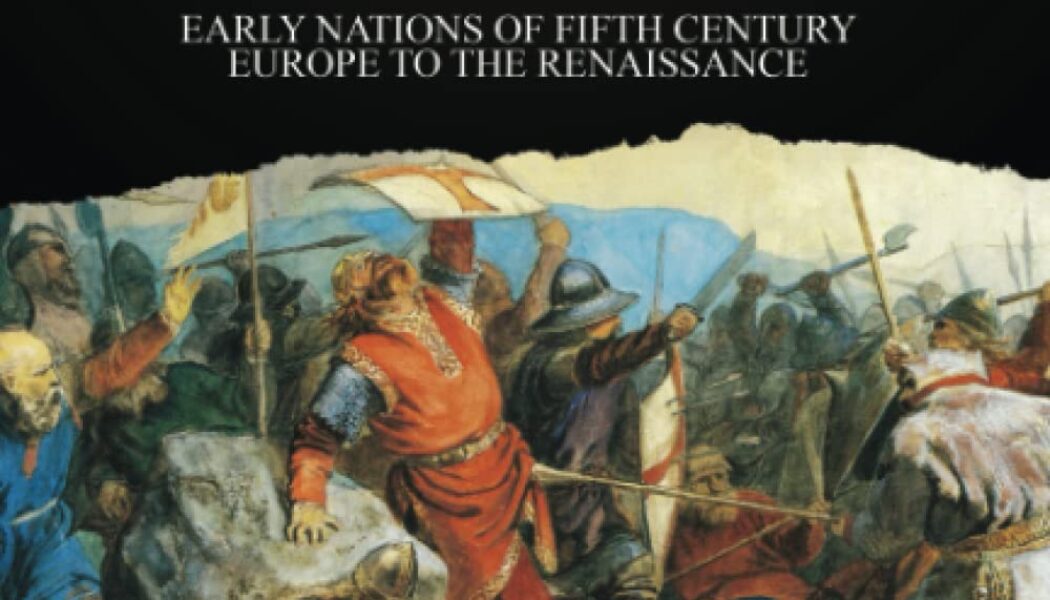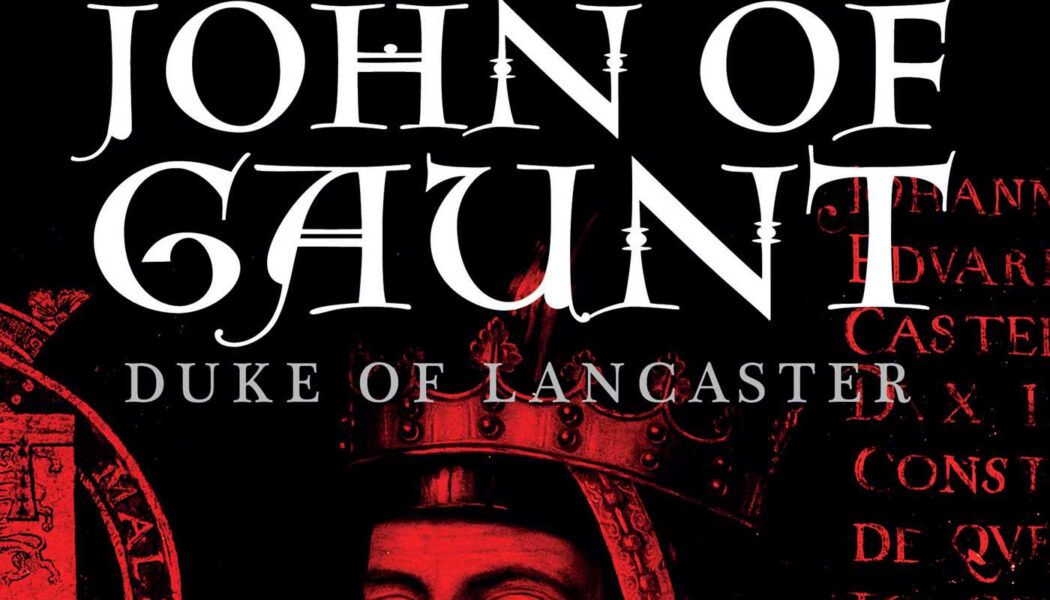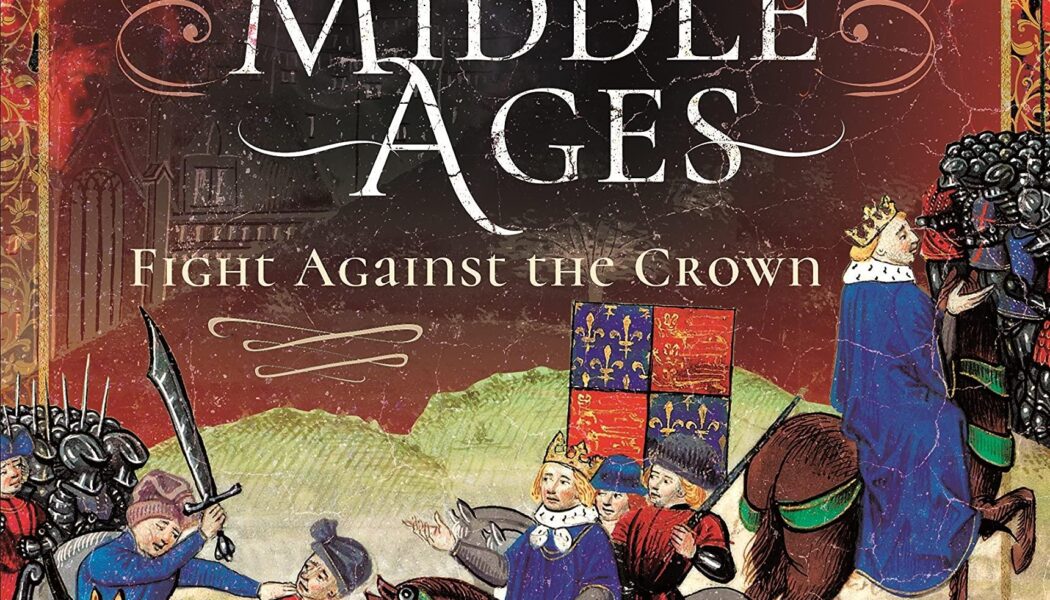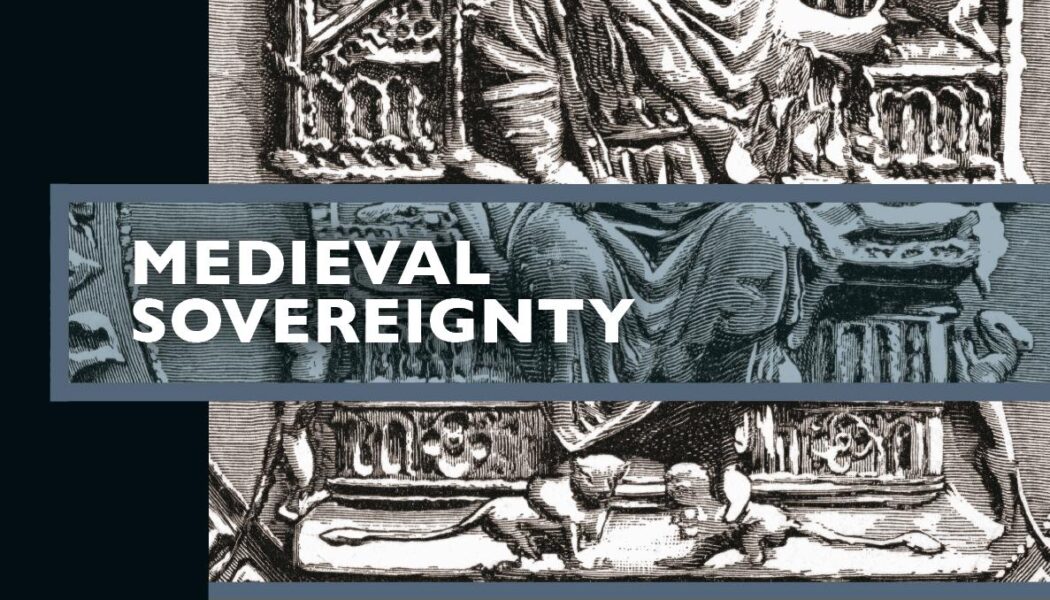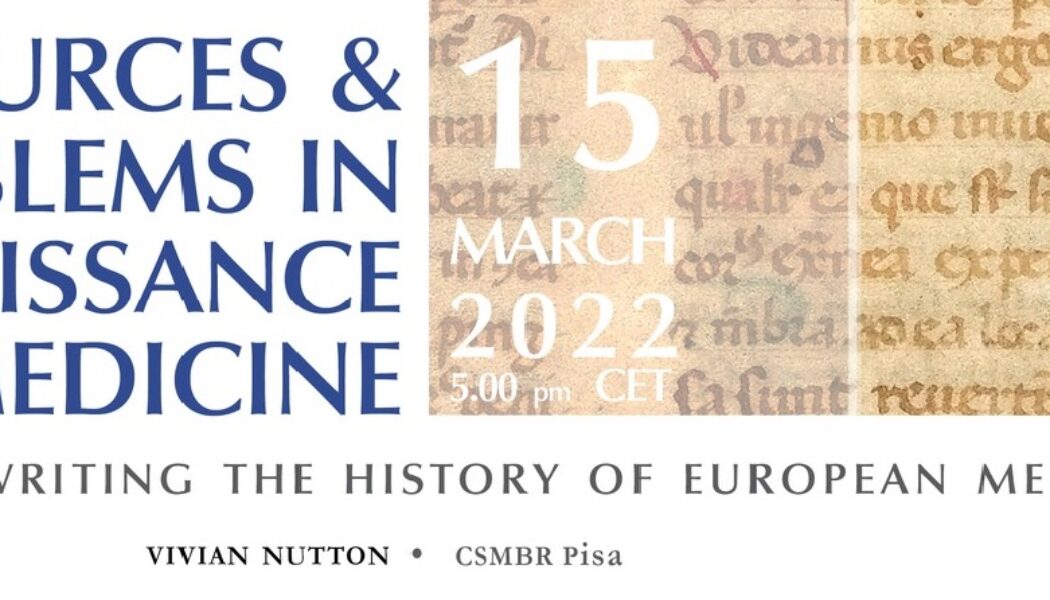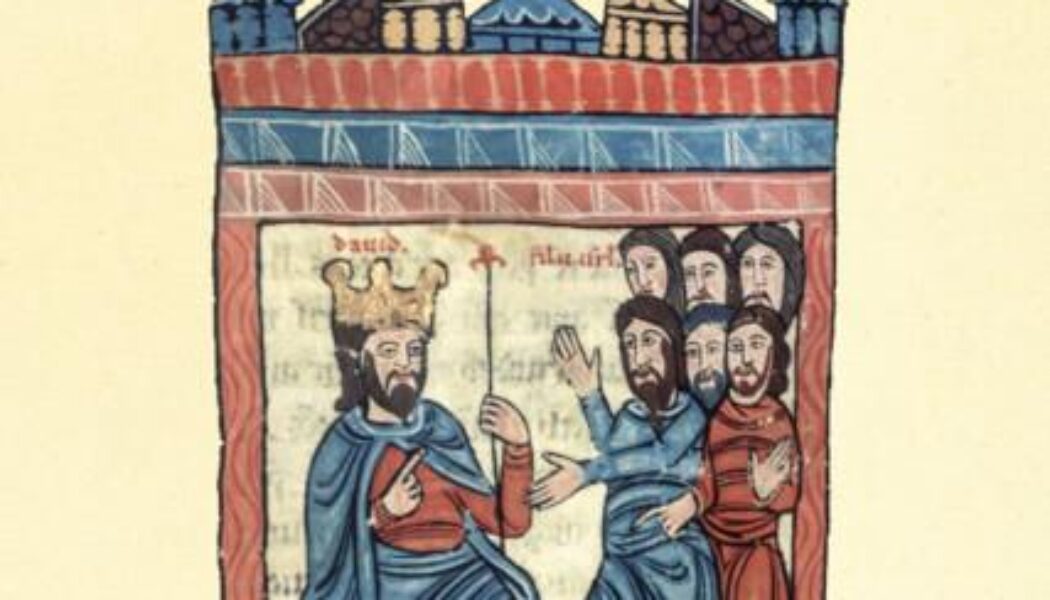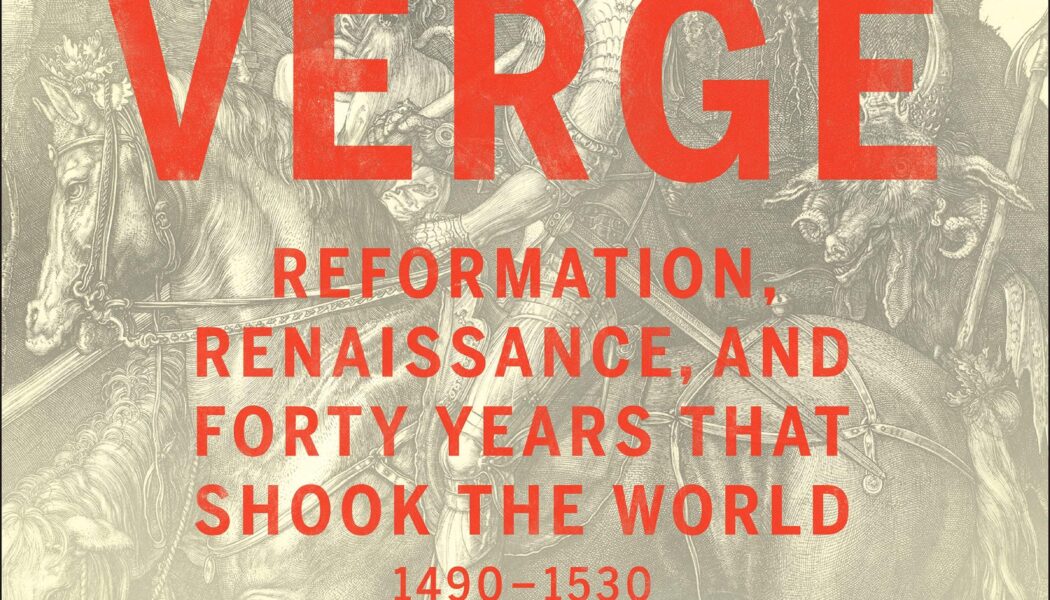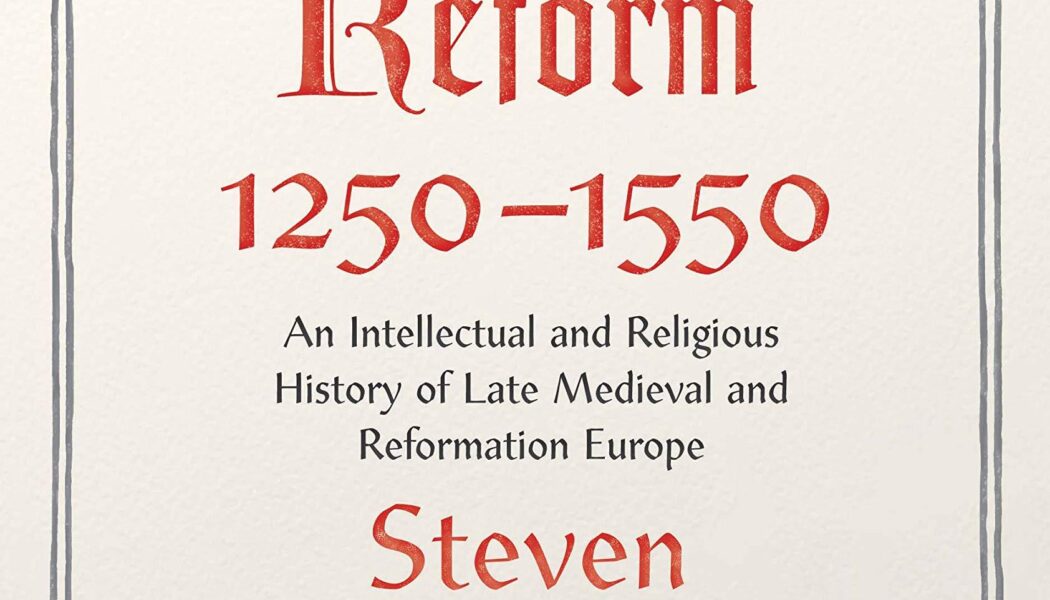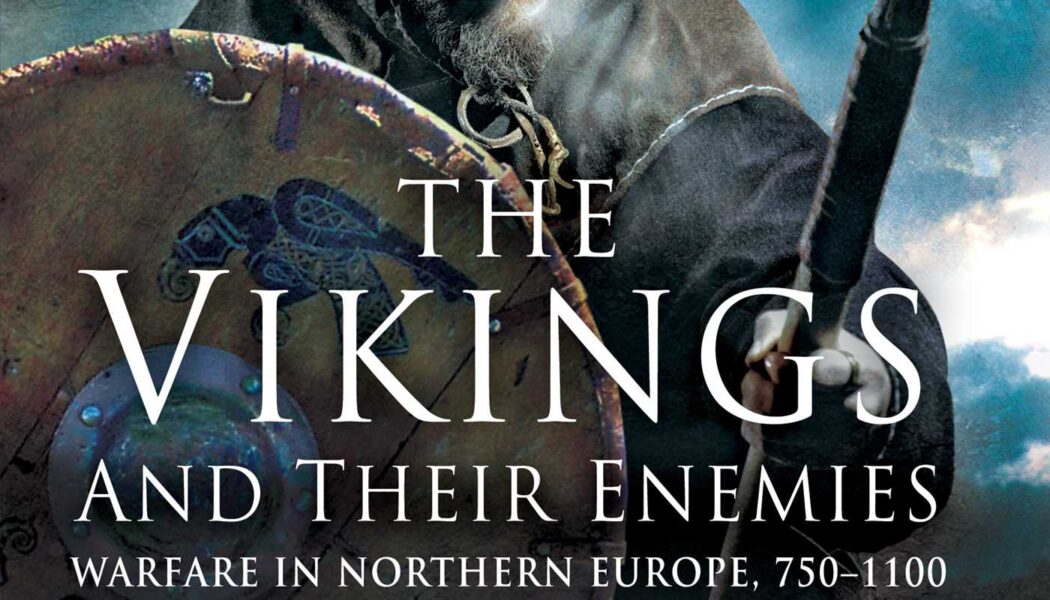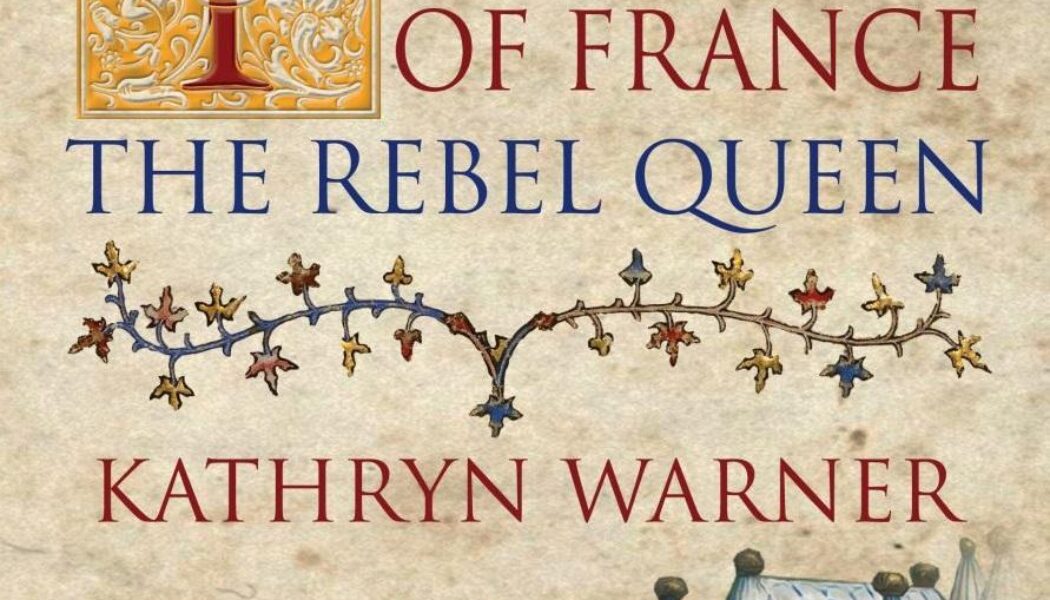Europe
DELAYING DEATH. The Role of Alchemy in Roger Bacon’s Medical Works
Examining the role and influences of alchemy on Roger Bacon's medical works
Empire of the Normans: Conquerors of Europe
A brilliant global history of the Normans, who—beyond the conquest of England—spread their empire to eventually dominate Europe, the Mediterranean, and the Middle East.
Medieval European Empires: Early Nations of Fifth-Century Europe to the Renaissance
This book will guide you through some of the most important events of the medieval era, the ones that truly helped shape the modern Europe that you know today. Expand your horizons and take a deep dive into this fascinating era with detailed explorations of mighty empires.
The Red Prince: The Life of John of Gaunt, the Duke of Lancaster
In examining the life of a pivotal medieval figure, Helen Carr paints a revealing portrait of a man who held the levers of power on the English and European stage.
Rebellion in the Middle Ages: Fight Against the Crown
Kings throughout the medieval period came under threat from rebellions and resistance that sprang from the nobility, the Church, and even the general population.
Medieval Sovereignty
Through a focused and systematic examination of medieval theologians, philosophers, and jurists, Andrew Latham explores how ideas about supreme political authority―sovereignty―first emerged during the high medieval period.
SOURCES & PROBLEMS IN RENAISSANCE MEDICINE. Rewriting the History of European Medicine
This lecture explains the rationale behind the new survey of history in the period, which relies on a wide range of primary and unfamiliar texts drawn from across Europe from Moldavia to Portugal. It considers the consequences for medicine of the opening up of Europe to the wider world, as well as the results of the ever-hardening religious divide, including the fate of Arabic medicine in Iberia.
Paths to Kingship in Medieval Latin Europe c. 950–1200
Drawing on a rich array of remarkable sources, this engaging study explores how the fears and hopes of a ruler's subjects shaped both the idea and the practice of power.
The Verge: Reformation, Renaissance, & Forty Years that Shook the World
The creator of the hit podcast series; "Tides of History" and "Fall of Rome" explores the four explosive decades between 1490 and 1530, bringing to life the dramatic and deeply human story of how the West was reborn.
The Age of Reform, 1250-1550: An Intellectual & Religious History of Late Medieval & Reformation Europe
The seeds of the swift and sweeping religious movement that reshaped European thought in the 1500s were sown in the late Middle Ages.
Vikings and Their Enemies: Warfare in Northern Europe, 750–1100
Throughout this fascinating book, Philip Line seeks to dispel common myths about the Vikings and misconceptions about the Viking approach to warfare. His graphic examination gives an up-to-date interpretation of the Vikings’ approach to violence and their fighting methods that will be fascinating reading for anyone who is keen to understand how they operated and achieved so much in medieval Europe.
Isabella of France: The Rebel Queen
Examining Isabella’s life with particular focus on her revolutionary actions in the 1320s, this book corrects the many myths surrounding her and provides a vivid account of this most fascinating and influential of women.

